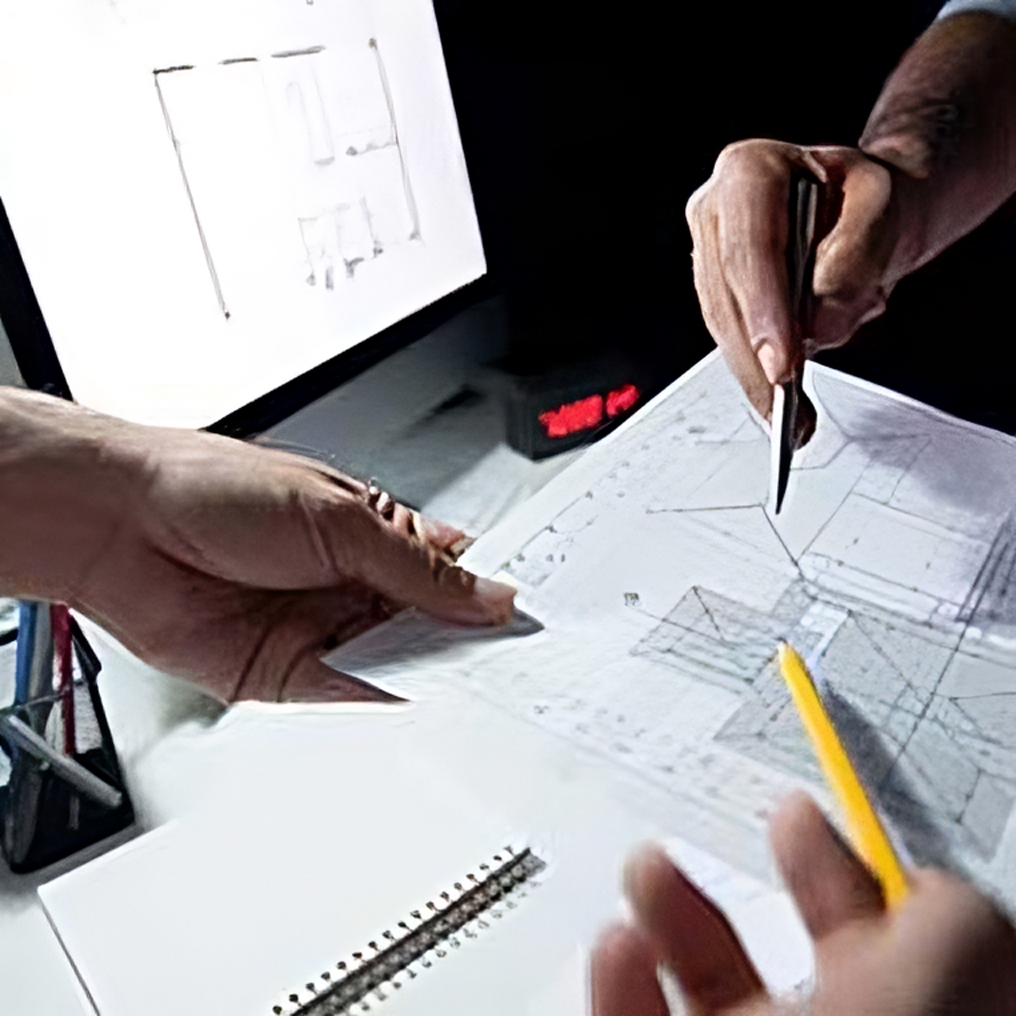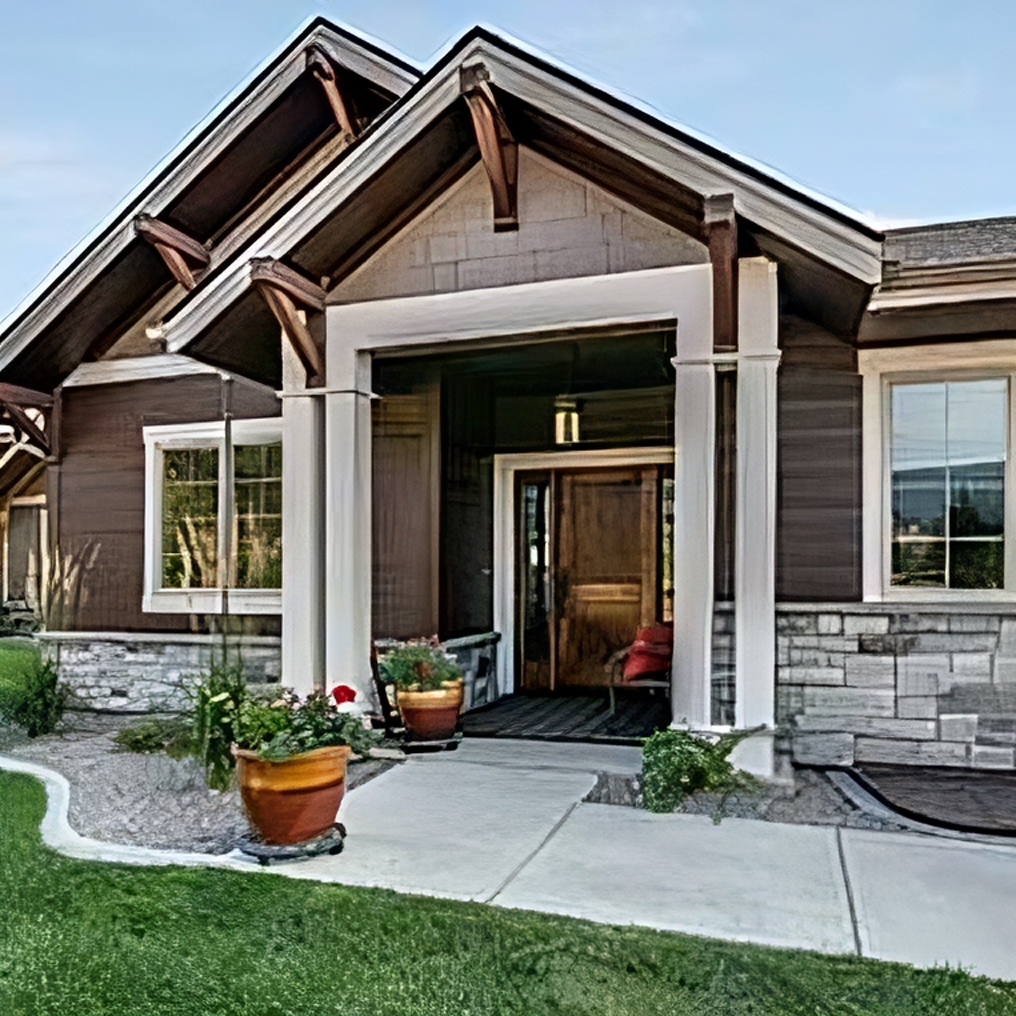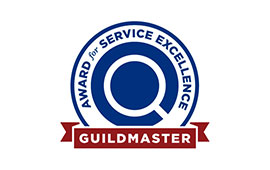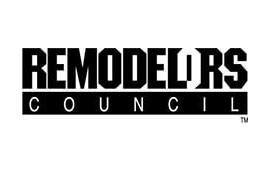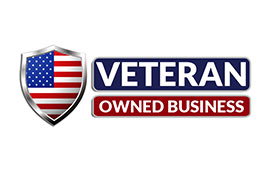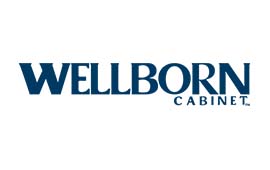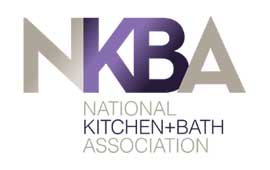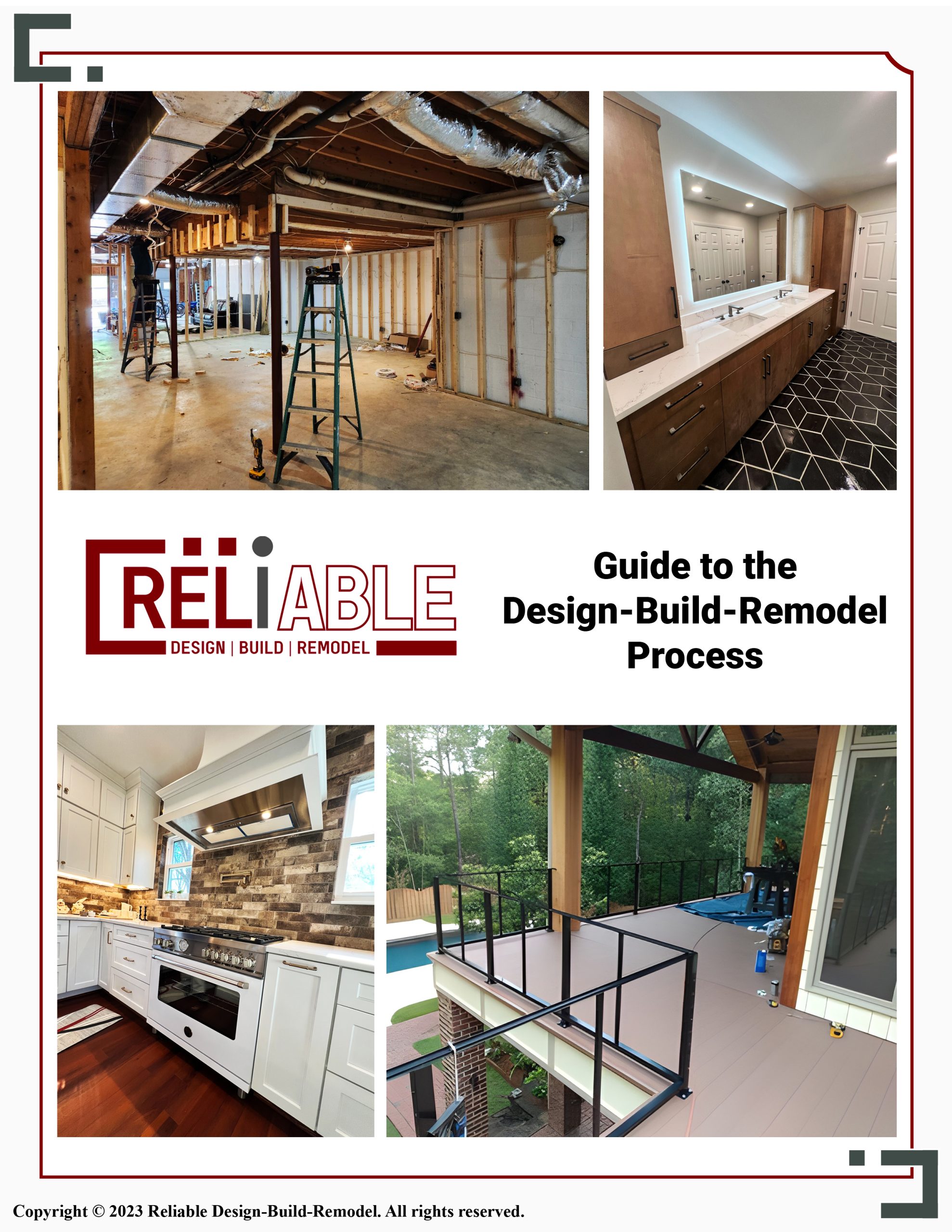Welcome to the blog of Reliable Design-Build-Remodel, your trusted Birmingham, AL based general contractor and remodeling company. In this post, we’ll explore PVC pipes, their unique characteristics, and their applications in residential plumbing. Whether you’re a homeowner or a DIY enthusiast, understanding PVC pipe is crucial for making informed decisions about your plumbing needs.
What is PVC pipe?
PVC stands for Polyvinyl Chloride, and PVC pipe is made from this versatile thermoplastic material. They are widely used for various plumbing applications due to their durability, affordability, and ease of installation.

What makes PVC pipes different from other kinds of pipe?
PVC pipe has several distinct features that set them apart from other pipe materials. Firstly, PVC pipe is lightweight, making it easier to handle and install compared to traditional materials like metal or concrete. Additionally, PVC is corrosion-resistant, eliminating the worry of rust or degradation over time. PVC pipe also has smooth interiors, ensuring efficient water flow and reducing the risk of clogs.

Can I use PVC pipes for hot water?
PVC pipe is generally not recommended for carrying hot water. Standard PVC pipes have a temperature threshold, and prolonged exposure to high temperatures can cause them to warp or even melt. However, there is a variation known as CPVC (Chlorinated Polyvinyl Chloride), specifically designed for hot water applications. CPVC pipes can withstand higher temperatures and are commonly used for hot water supply lines.
Are PVC Pipes good for house plumbing?
PVC pipe is an excellent choice for most residential plumbing needs. They are affordable, long-lasting, and resistant to corrosion and chemical damage. PVC pipes are commonly used for drain lines, vent pipes, and cold water supply lines in residential plumbing systems. However, it’s important to use CPVC pipes for hot water applications to ensure durability and safety.

When and Why is PVC not used for plumbing?
While PVC is suitable for many plumbing applications, it is not recommended for carrying hot water due to its temperature limitations. High temperatures can compromise the integrity of PVC pipes, leading to leaks or failures. That’s why it’s crucial to use CPVC pipes for hot water supply lines to ensure proper functionality and safety.
What is the difference between PVC and Plastic pipe?
The term “plastic pipe” is a broad category that encompasses various materials, including PVC. PVC is a specific type of plastic pipe that offers unique advantages such as durability, affordability, and chemical resistance. Other plastic pipes, such as PEX or HDPE, have their own characteristics and applications, but PVC remains a popular choice for many plumbing installations.
Does PVC pipe corrode over time?
No, PVC pipes do not corrode over time. Unlike metal pipes that can be vulnerable to rust and corrosion, PVC pipes are resistant to these issues. This corrosion-resistant property ensures the longevity and reliability of PVC pipes in plumbing systems.
How do I know if my pipe is PVC or CPVC?
Differentiating between PVC and CPVC pipes can be done through visual inspection. CPVC pipes are typically off-white or cream-colored, while PVC pipes are usually white or gray. If you are unsure, it’s always recommended to consult a professional plumber to identify the type of pipe used in your plumbing system.
PVC pipes offer numerous benefits for residential plumbing, such as durability, affordability, and corrosion resistance. While PVC pipes are not suitable for carrying hot water, they excel in applications such as drain lines, vent pipes, and cold water supply lines. They are easy to install, have smooth interiors for efficient water flow, and are resistant to corrosion and chemical damage. However, it’s essential to use CPVC pipes specifically designed for hot water to ensure the safety and durability of your plumbing system.

Reliable Design-Build-Remodel is a full service general construction firm and remodeling contractor operating in the Birmingham metro and Jefferson and Shelby County areas and surrounding communities, including Birmingham, Helena, Chelsea, Mountain Brook, Hoover, Homewood, Montevallo, Alabaster, Vestavia Hills, and Pelham, with over 30 years of servicing our valued clients. Offering full service suite of general remodeling, design and build services. Our specialties include bathroom remodeling, kitchen remodeling, exterior renovations, interior renovations, painting, and more!
Visit us at reliablerem.com, and like and follow us on Facebook and Instagram!



